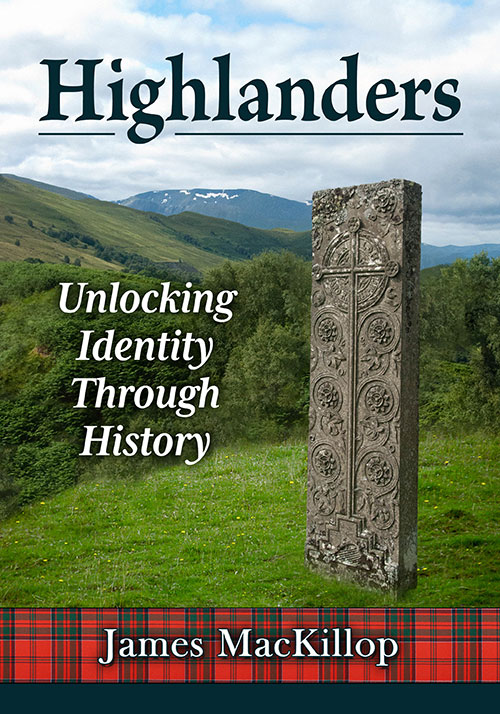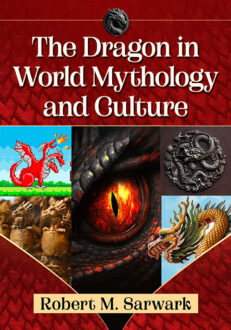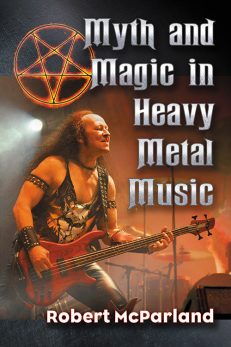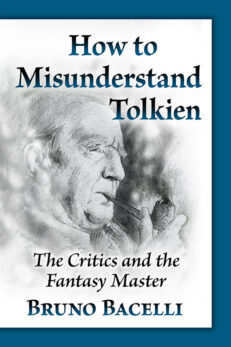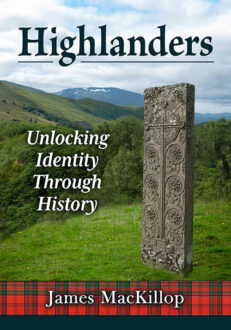Highlanders
Unlocking Identity Through History
$39.95
In stock
About the Book
Rebellion was recurrent in the Highlands because the Gaels (Scoti) were an often-oppressed indigenous minority in the nation, Scotland, to which they gave their name. They spoke a language, Gaelic, few outsiders would learn, and had their own family and social system, the clans. Warfare was bloody, culminating in the catastrophe of Culloden Moor during the doomed quest to restore the Stuart kingship to all of Britain. Economic hardship, including the near-genocidal Clearances, in which tenant farmers were replaced with sheep, drove the Gaels from the glens and islands, so that most today live in the diaspora, including millions in North America. Although the Gaels lack a single genetic identity, they clearly draw from distinct roots in the Irish, Norse and Picts. Despite their hardship, the Gaels are also presented in romantic portrayals by the artistic elite of other nations. This book offers ways in which the reader might find roots and ancestry in unfamiliar terrain. Chapters discuss the landscape and language of the Highlanders, the rise of clans, feuds and invasions, and eventual emigration.
About the Author(s)
Bibliographic Details
James MacKillop
Format: softcover (7 x 10)
Pages: 282
Bibliographic Info: glossary, bibliography, index
Copyright Date: 2023
pISBN: 978-1-4766-9312-5
eISBN: 978-1-4766-5060-9
Imprint: McFarland
Table of Contents
Acknowledgments v
Preface 1
The Limits of Genealogy 7
A Note on the Words “Celt” and “Celtic” 8
1. The Foundations 13
Where Are the “Highlands”? 13
Peopling the Landscape 18
Prehistoric Testimony 23
The Scots/Gaels: Ethnogenesis 25
The Picts 32
Ireland and the Highlands 36
The Norse in the Highlands 44
The Scottish Gaelic Language 49
2. Medieval Highlands and Islands 54
The Hammer of the Norse 54
The Lordship of the Isles 58
The Rise of the Clans 68
Enumeration, Rivalries, an Alliance 82
Feuds and Forays 86
3. The Seventeenth Century 89
One King, Two Kingdoms 89
Wars of the Three Kingdoms, 1639–1651 97
A “Bald” Poet 105
Departure of the Stuarts: The First Three Decades 108
4. The Dreary Eighteenth Century 119
Highland Society Before Culloden 119
The Jacobites, 1745–1746 127
Misery and Emigration 139
5. Romantic Amelioration 155
Imposture in Badenoch 155
Indigenous Voices 162
Poetic Admirers from the Outside 164
Abbotsford 170
The Sett That Expresses 177
A Royal Patroness 180
Away from Balmoral 185
6. After Romance 189
Sheep Over People 189
The Blight of the Tubers 202
The Great Disruption of 1843 206
Mightier Than a Lord 209
The Comic Highlander 213
Suas Leis a’ Ghàidhlig 216
Coda: Known Up Close Then Seen from Afar 220
Glossary: Persons, Places, Vocabulary 227
Bibliography 235
Index 251
Book Reviews & Awards
• “The author has scoured hundreds of arcane tomes and dozens of hard-to-reach archives to fill out a compelling, detailed nuanced story of a marginalized and frequently misrepresented people. But he wears his learning lightly. The reader is thankful that he often takes into account popular perceptions and mis-perceptions. Like cleaning up the distortions of history to be found in Mel Gibson’s Braveheart.”—Douglas Brode, author of Shakespeare in the Movies
• “To plumb the identity an elusive ethnicity with mixed antecedents, the author burrows through a dozen layers of relationships between the Highlands and Ireland. They begin with shared ancient artifacts that predate the arrival of Celtic languages. The Scottish Gaelic and Irish languages both derive from Old Irish despite many distinct differences. Citations of links to Ireland appear all though Highlanders because the story cannot be told without knowing the Irish contributions.”—Maureen O’Rourke Murphy, past-president, American Conference for Irish Studies
• “Highland history is so remote from us that when persons emerge from the mist they look like ciphers in a folktale. MacKillop seizes these names for us, like Somerled the founder of dynasties, Colkitto the warrior, and the several Lords of the Isles, and puts flesh on them. They made noise and affected lives. So too with Gaelic poets usually known by their nicknames, Rob Donn or Iain Lom. Their verses were memorized and recited for generations.”—Donna Woolfolk Cross, author of Pope Joan

